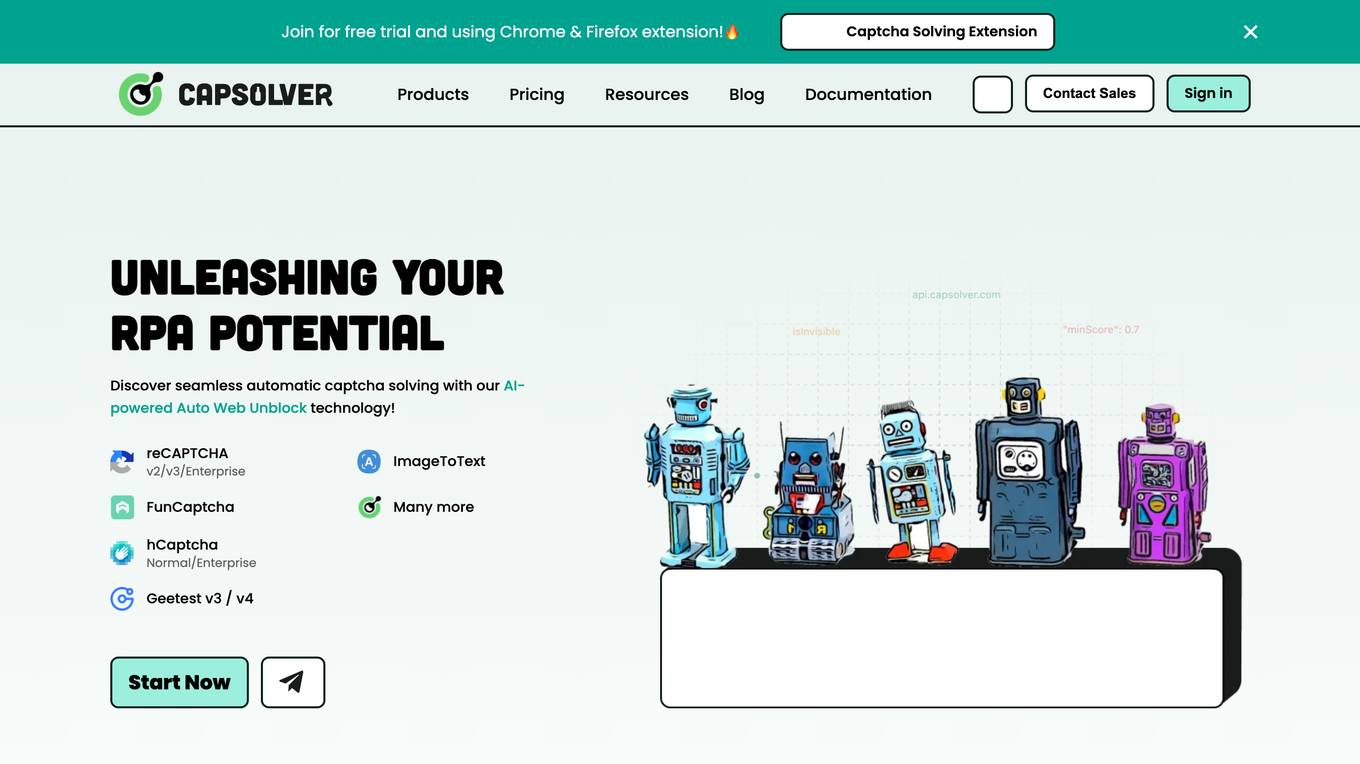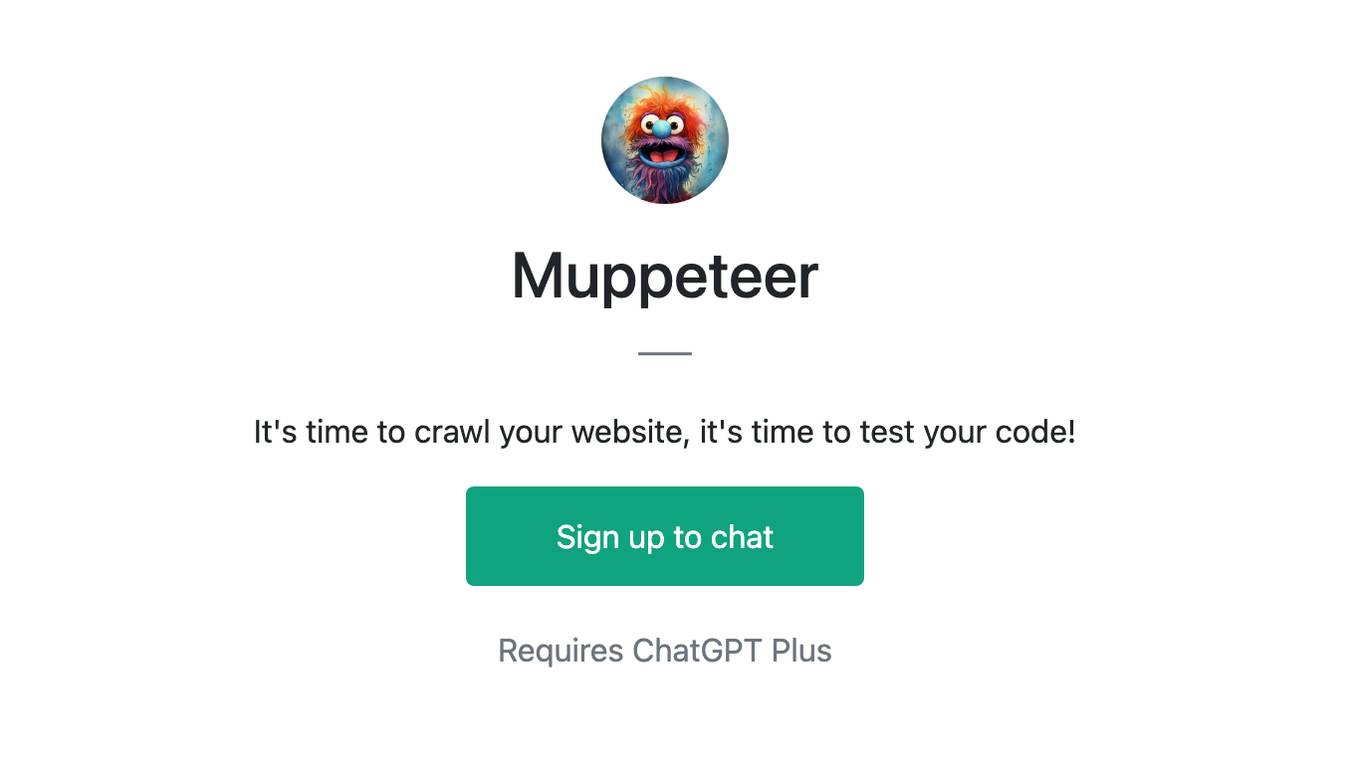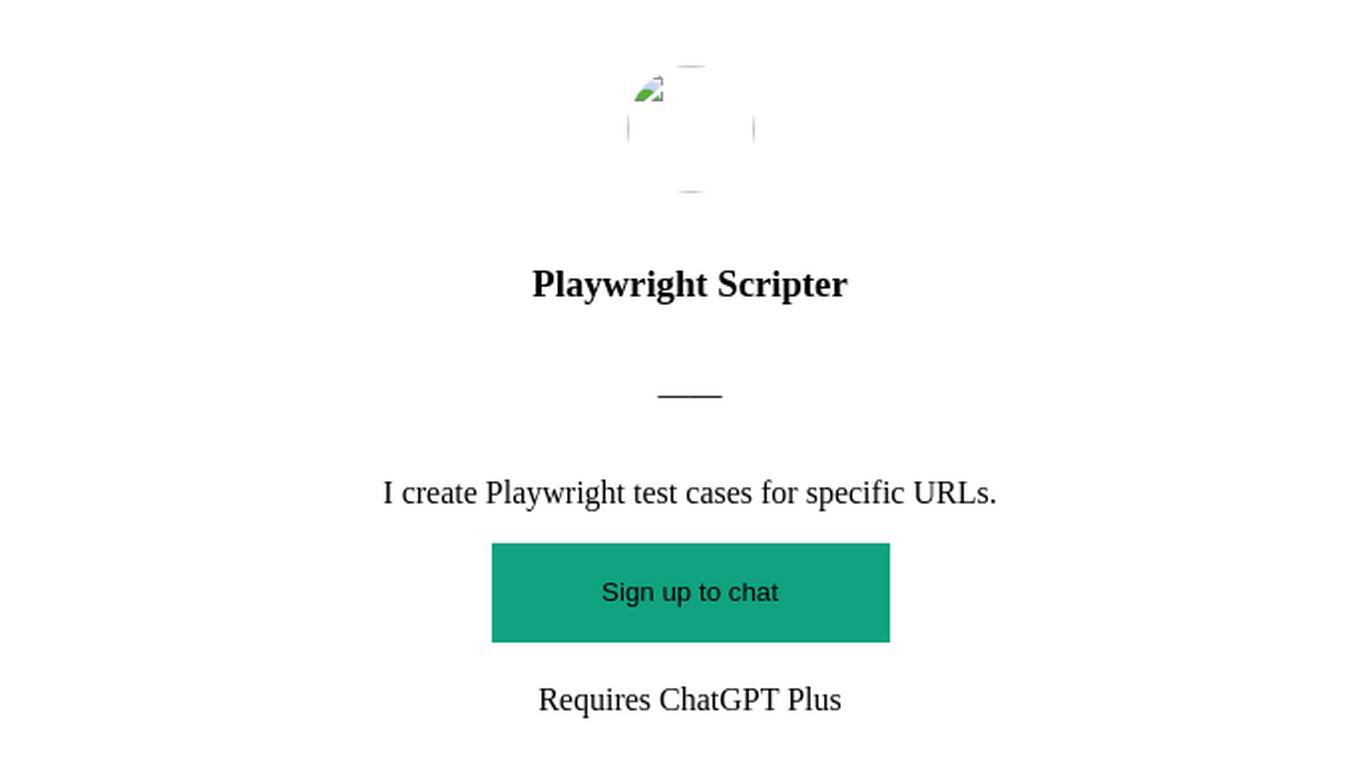AI tools for webtesting error prediction
Related Tools:

Reflect
Reflect is an AI-powered test automation tool that revolutionizes the way end-to-end tests are created, executed, and maintained. By leveraging Generative AI, Reflect eliminates the need for manual coding and provides a seamless testing experience. The tool offers features such as no-code test automation, visual testing, API testing, cross-browser testing, and more. Reflect aims to help companies increase software quality by accelerating testing processes and ensuring test adaptability over time.
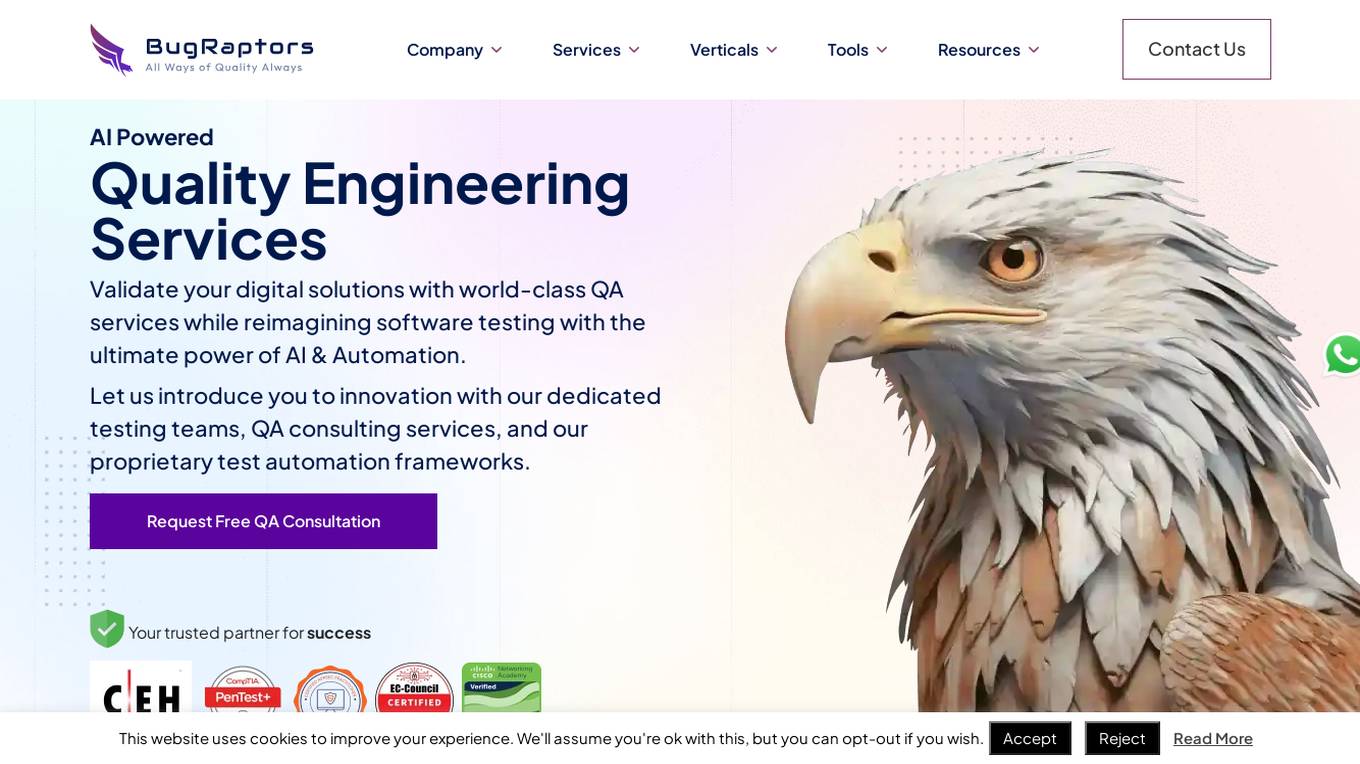
BugRaptors
BugRaptors is an AI-powered quality engineering services company that offers a wide range of software testing services. They provide manual testing, compatibility testing, functional testing, UAT services, mobile app testing, web testing, game testing, regression testing, usability testing, crowd-source testing, automation testing, and more. BugRaptors leverages AI and automation to deliver world-class QA services, ensuring seamless customer experience and aligning with DevOps automation goals. They have developed proprietary tools like MoboRaptors, BugBot, RaptorVista, RaptorGen, RaptorHub, RaptorAssist, RaptorSelect, and RaptorVision to enhance their services and provide quality engineering solutions.

Selenium Sage
Expert in Selenium test automation, providing practical advice and solutions.
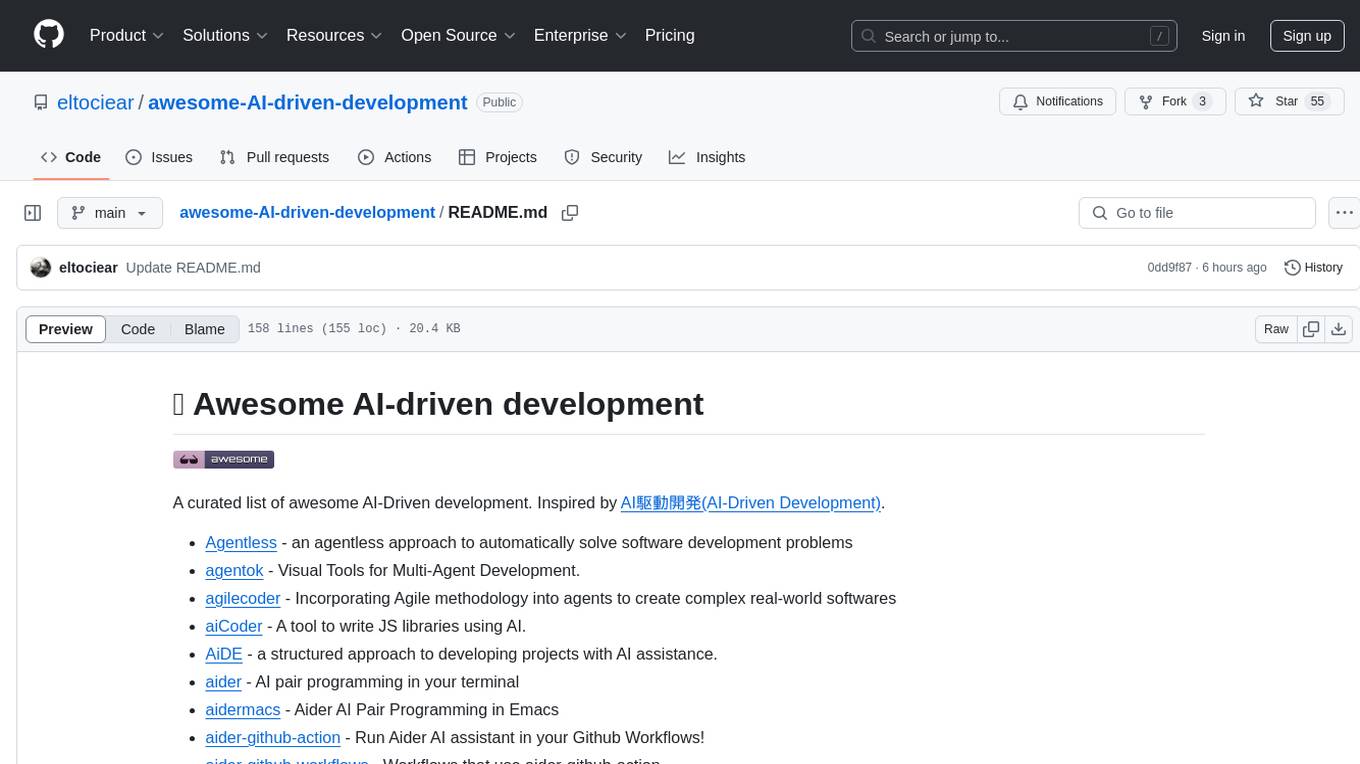
awesome-AI-driven-development
Awesome AI-Driven Development is a curated list of tools, frameworks, and resources for AI-driven development. It includes AI code editors, terminal-based coding agents, IDE plugins & extensions, multi-agent systems, code generation & templates, testing & quality assurance tools, Model Context Protocol implementations, pull request & code review tools, project management & documentation tools, language models for code, development workflows tools, code search & analysis tools, specialized tools for Git & version control, cloud & DevOps, language-specific tasks, terminal & shell utilities, prompt & context management tools, Copilot extensions & alternatives, learning & tutorials resources, and configuration & enhancement tools for AI coding assistants.
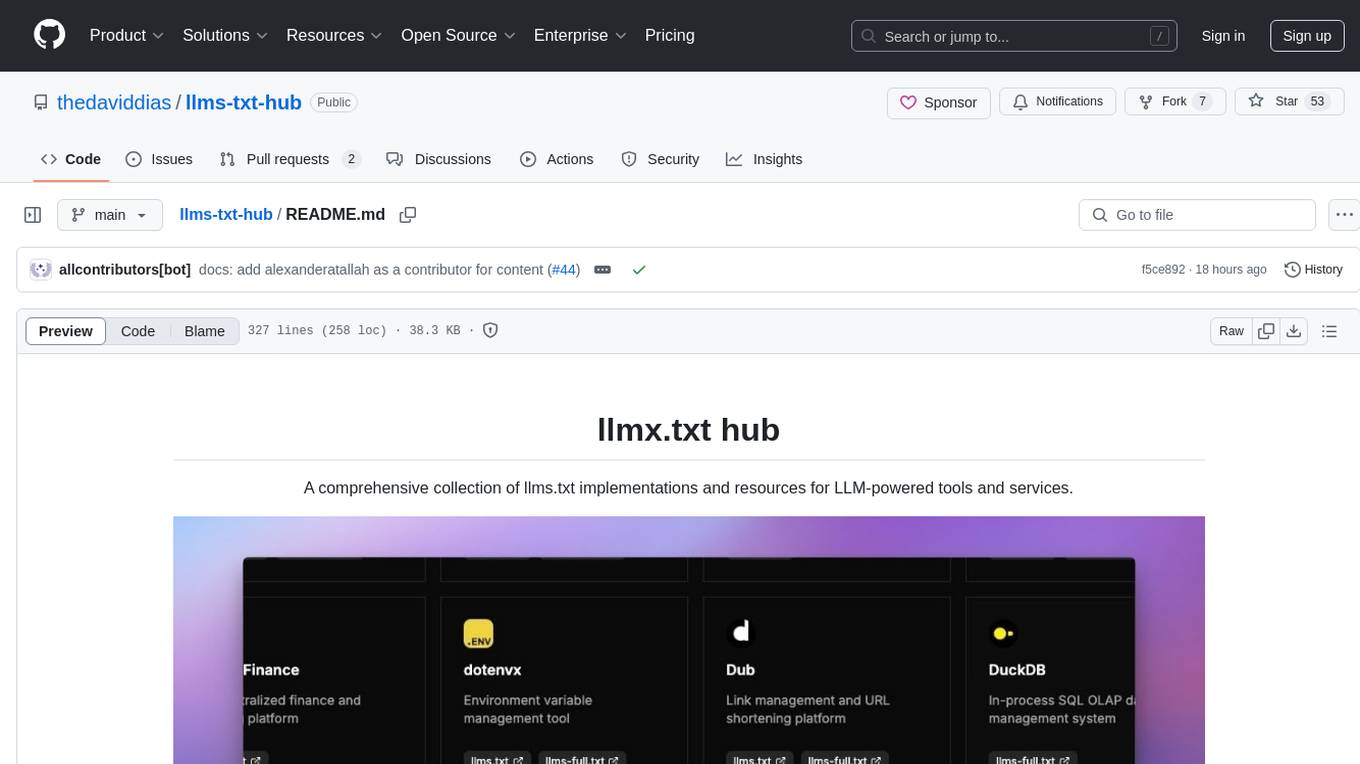
llms-txt-hub
The llms.txt hub is a centralized repository for llms.txt implementations and resources, facilitating interactions between LLM-powered tools and services with documentation and codebases. It standardizes documentation access, enhances AI model interpretation, improves AI response accuracy, and sets boundaries for AI content interaction across various projects and platforms.
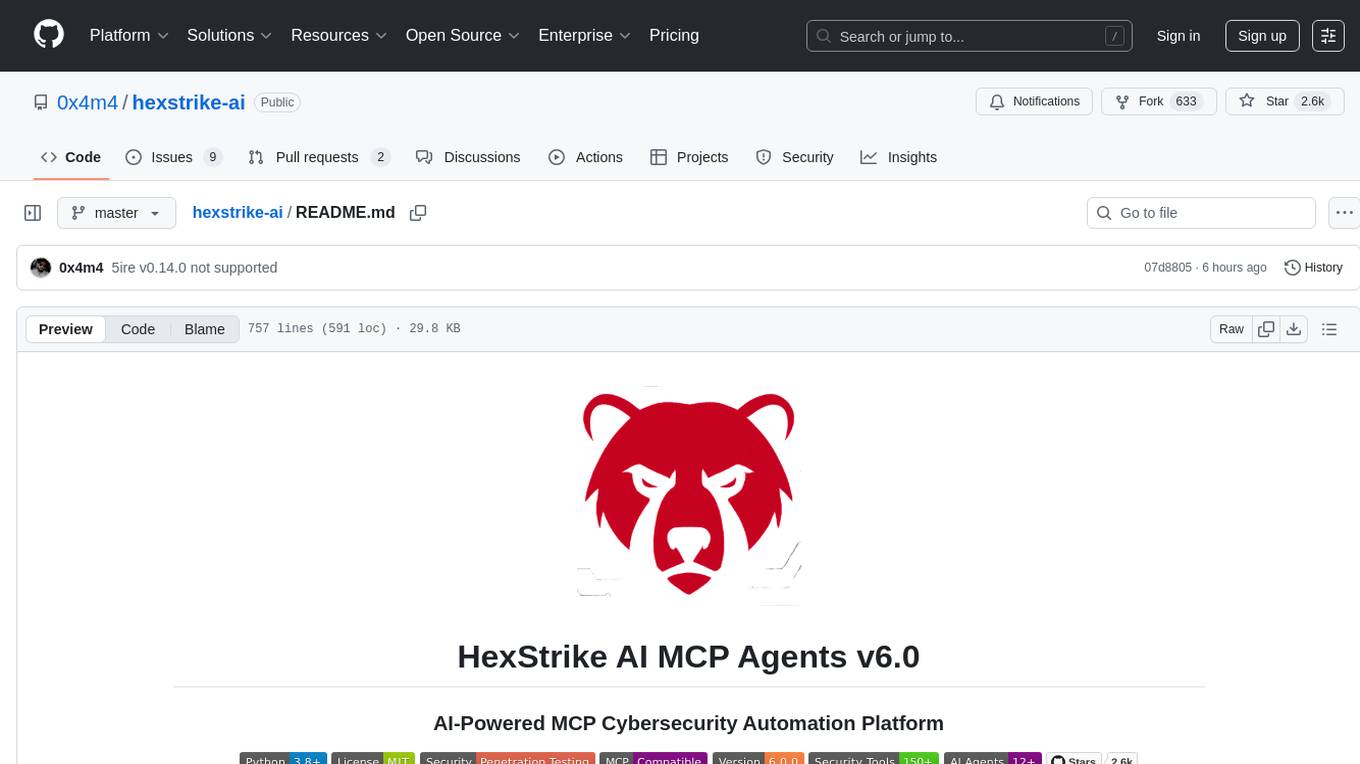
hexstrike-ai
HexStrike AI is an advanced AI-powered penetration testing MCP framework with 150+ security tools and 12+ autonomous AI agents. It features a multi-agent architecture with intelligent decision-making, vulnerability intelligence, and modern visual engine. The platform allows for AI agent connection, intelligent analysis, autonomous execution, real-time adaptation, and advanced reporting. HexStrike AI offers a streamlined installation process, Docker container support, 250+ specialized AI agents/tools, native desktop client, advanced web automation, memory optimization, enhanced error handling, and bypassing limitations.
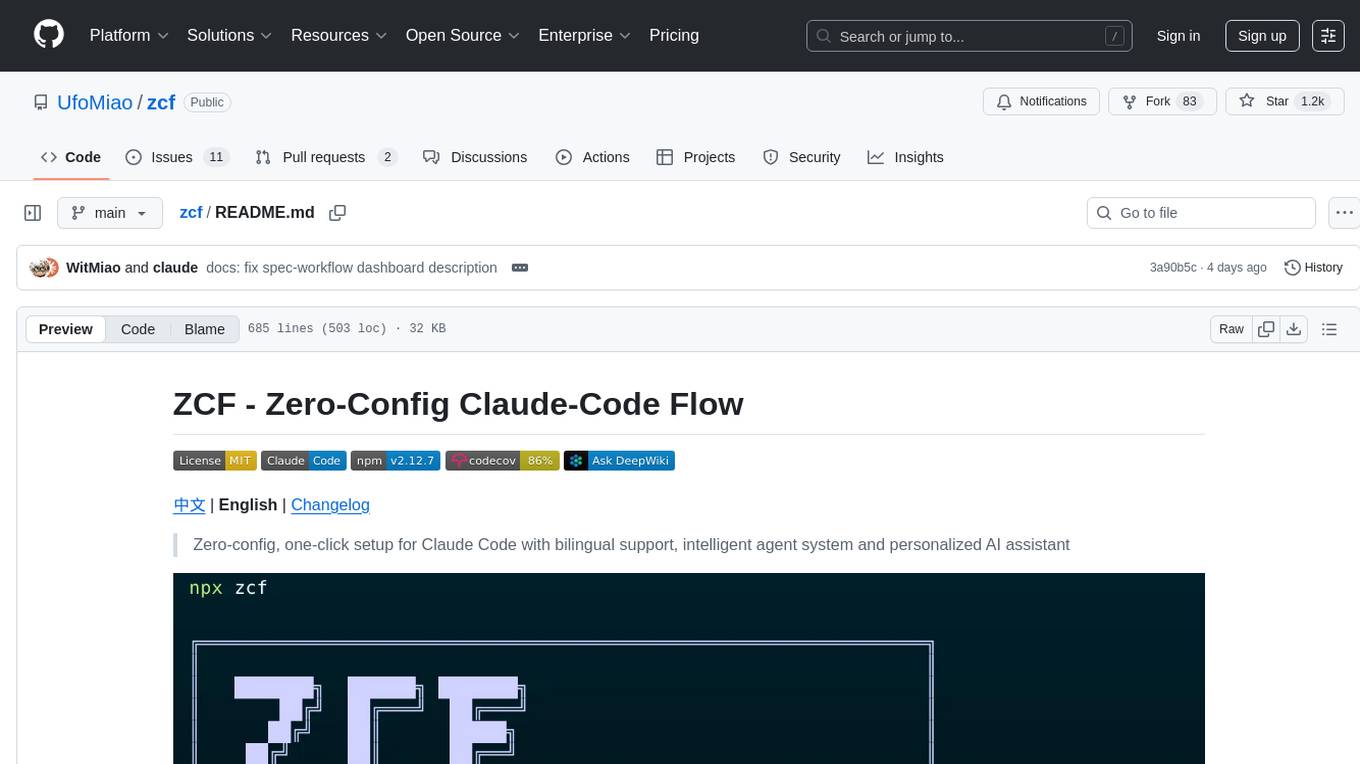
zcf
ZCF (Zero-Config Claude-Code Flow) is a tool that provides zero-configuration, one-click setup for Claude Code with bilingual support, intelligent agent system, and personalized AI assistant. It offers an interactive menu for easy operations and direct commands for quick execution. The tool supports bilingual operation with automatic language switching and customizable AI output styles. ZCF also includes features like BMad Workflow for enterprise-grade workflow system, Spec Workflow for structured feature development, CCR (Claude Code Router) support for proxy routing, and CCometixLine for real-time usage tracking. It provides smart installation, complete configuration management, and core features like professional agents, command system, and smart configuration. ZCF is cross-platform compatible, supports Windows and Termux environments, and includes security features like dangerous operation confirmation mechanism.
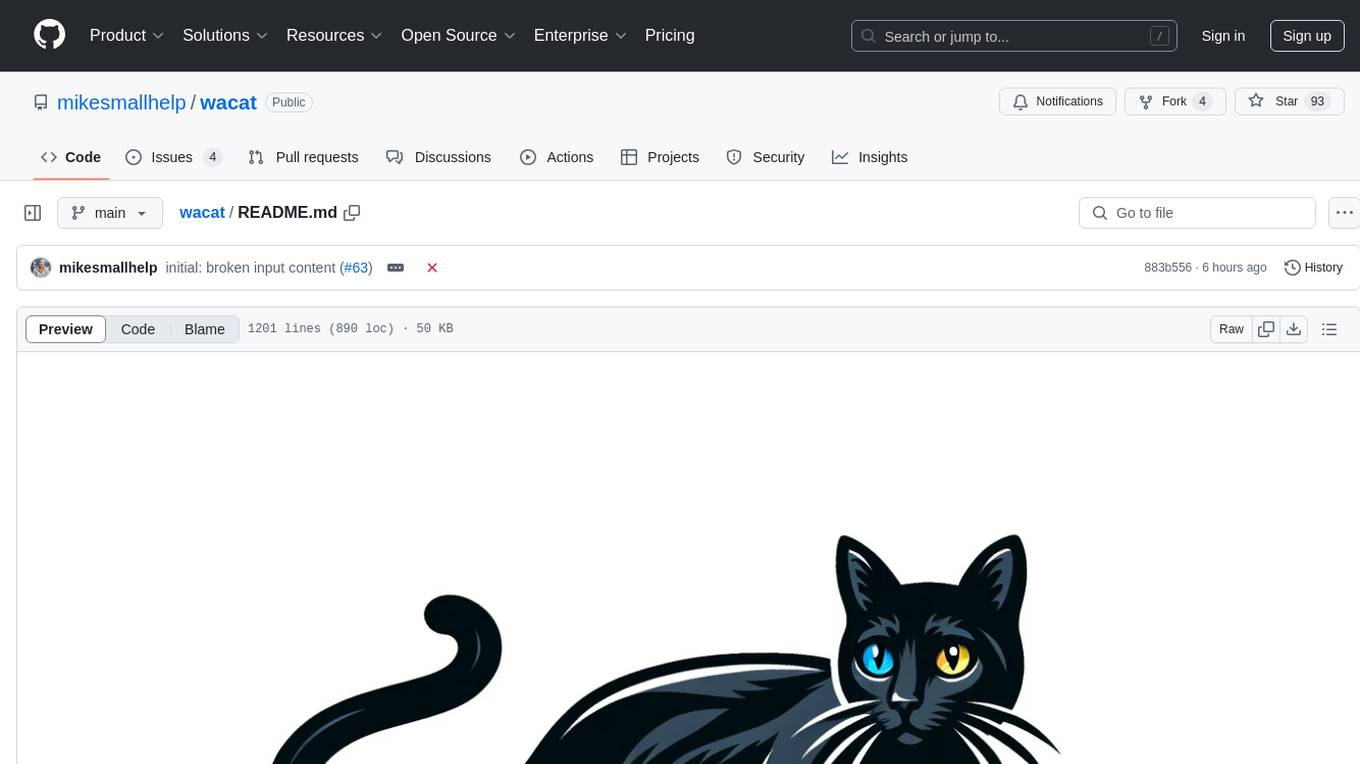
wacat
wacat is a tool designed to challenge web applications by simulating chaotic user behavior, such as random navigation, form input, and button clicks. It also incorporates AI-powered error detection, supporting features like detecting error messages, generating AI-driven content, and detecting HTTP errors and console log errors. wacat can be configured for various testing scenarios, including authentication, excluding specific pages, running in headless mode, and setting wait times and timeouts. It is built using TypeScript, oclif, Playwright, and Next.js for test applications.

LaVague
LaVague is an open-source Large Action Model framework that uses advanced AI techniques to compile natural language instructions into browser automation code. It leverages Selenium or Playwright for browser actions. Users can interact with LaVague through an interactive Gradio interface to automate web interactions. The tool requires an OpenAI API key for default examples and offers a Playwright integration guide. Contributors can help by working on outlined tasks, submitting PRs, and engaging with the community on Discord. The project roadmap is available to track progress, but users should exercise caution when executing LLM-generated code using 'exec'.
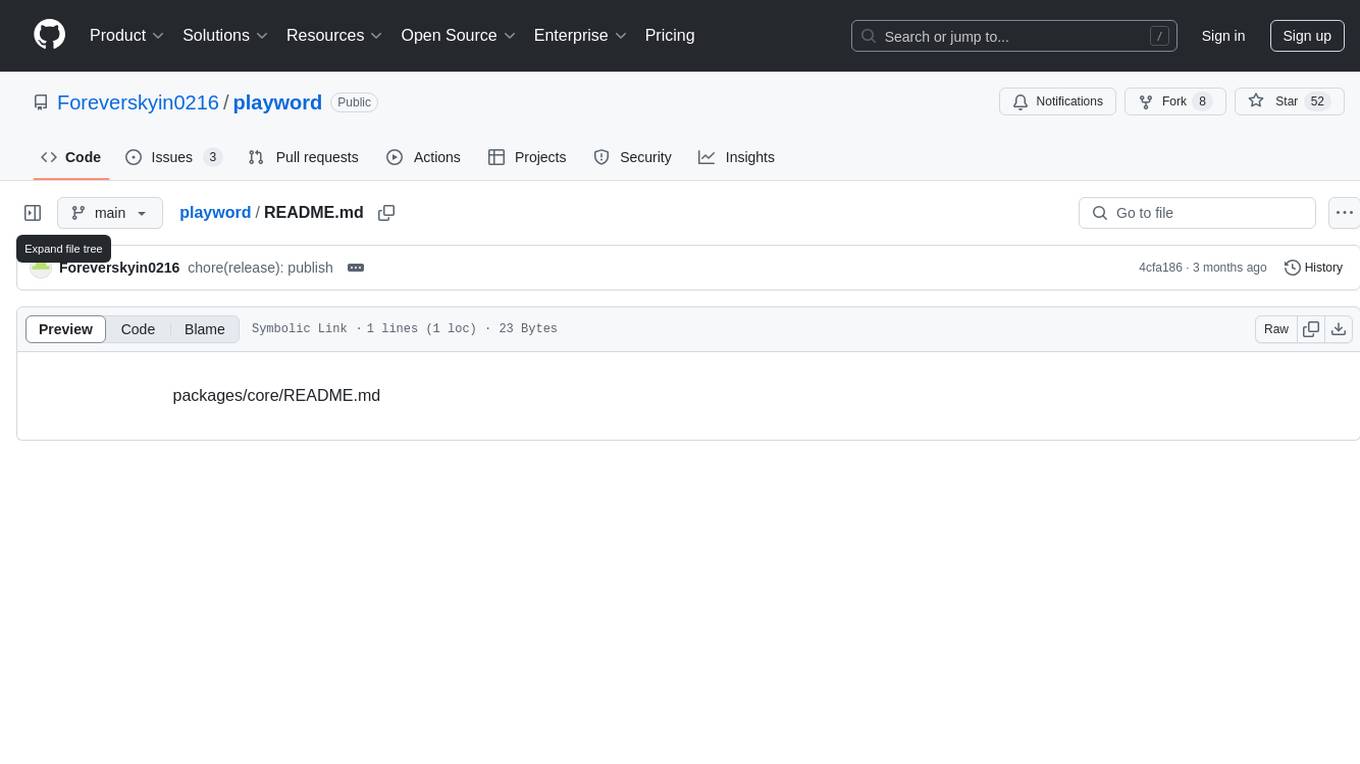
playword
PlayWord is a tool designed to supercharge web test automation experience with AI. It provides core features such as enabling browser operations and validations using natural language inputs, as well as monitoring interface to record and dry-run test steps. PlayWord supports multiple AI services including Anthropic, Google, and OpenAI, allowing users to select the appropriate provider based on their requirements. The tool also offers features like assertion handling, frame handling, custom variables, test recordings, and an Observer module to track user interactions on web pages. With PlayWord, users can interact with web pages using natural language commands, reducing the need to worry about element locators and providing AI-powered adaptation to UI changes.
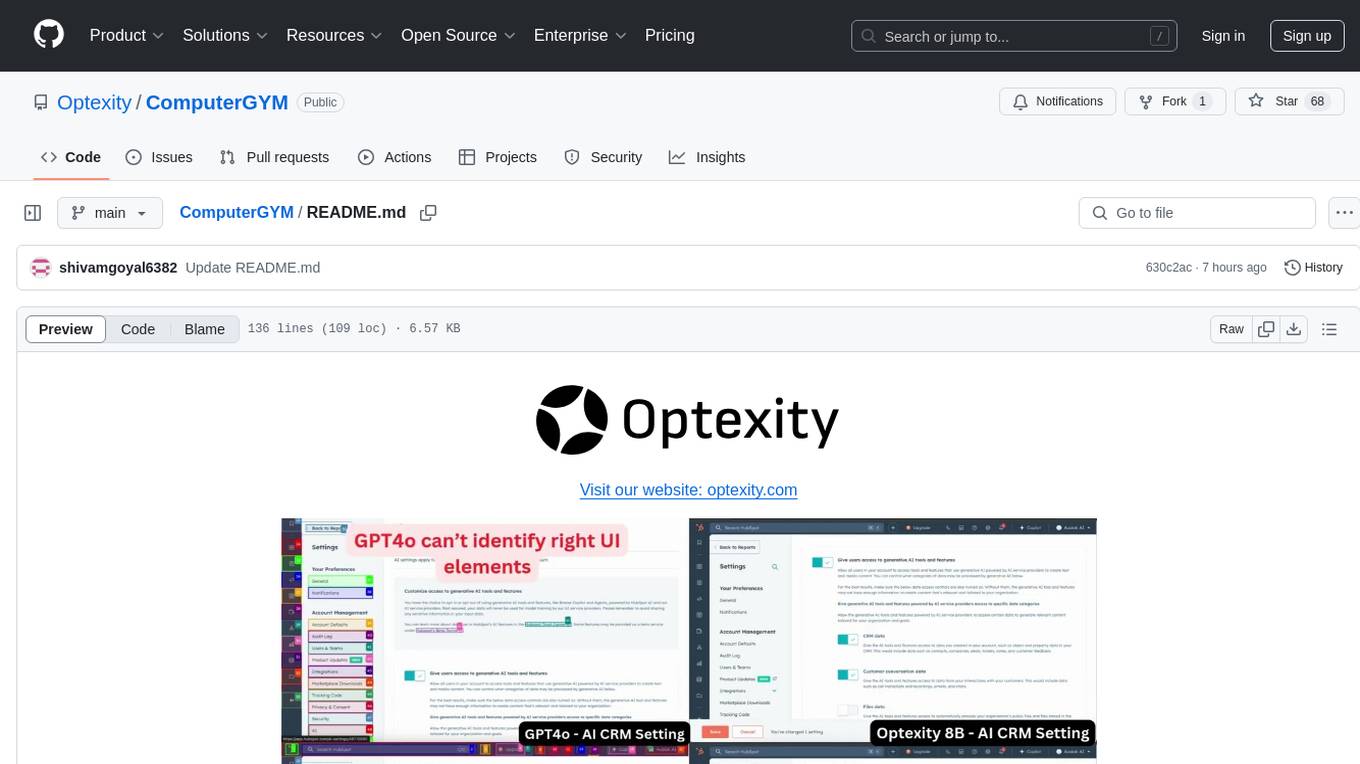
ComputerGYM
Optexity is a framework for training foundation models using human demonstrations of computer tasks. It enables recording, processing, and utilizing demonstrations to train AI agents for web-based tasks. The tool also plans to incorporate training through self-exploration, software documentations, and YouTube videos in the future.
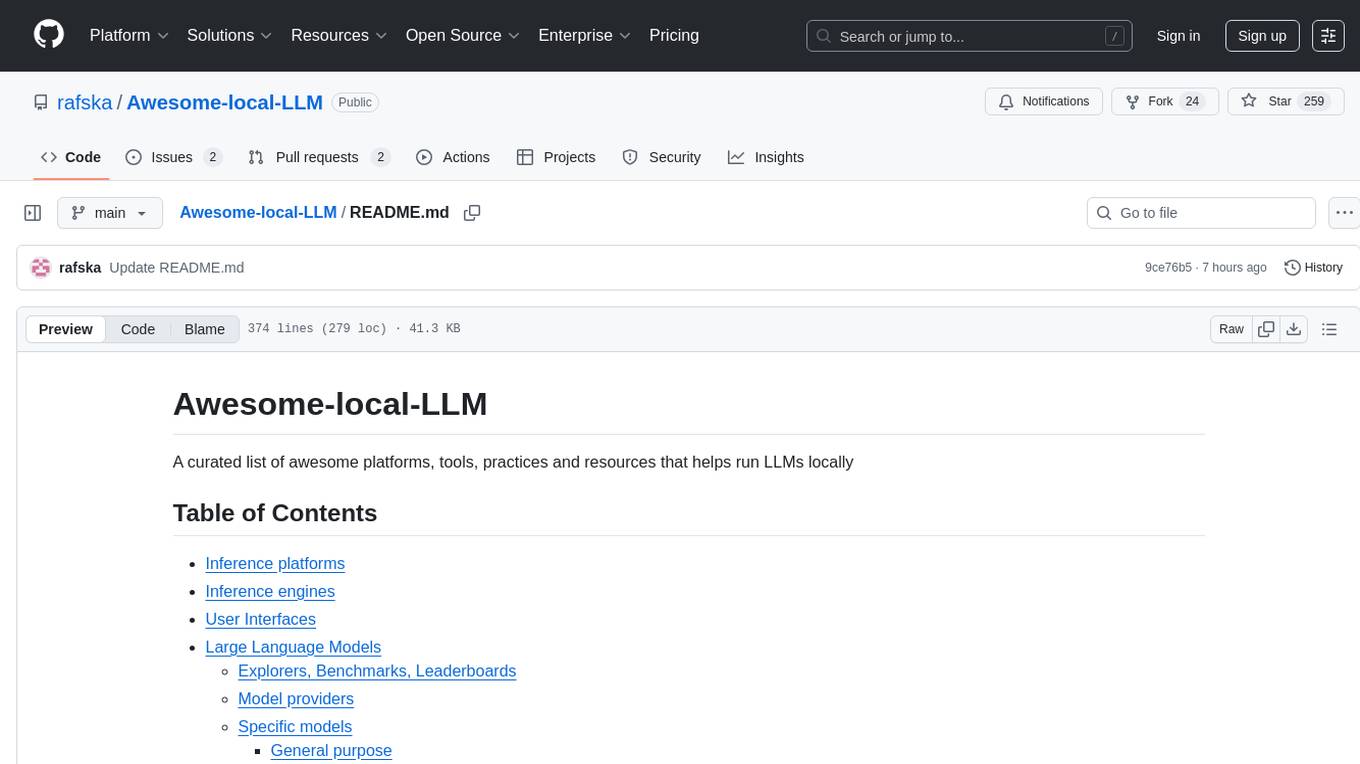
Awesome-local-LLM
Awesome-local-LLM is a curated list of platforms, tools, practices, and resources that help run Large Language Models (LLMs) locally. It includes sections on inference platforms, engines, user interfaces, specific models for general purpose, coding, vision, audio, and miscellaneous tasks. The repository also covers tools for coding agents, agent frameworks, retrieval-augmented generation, computer use, browser automation, memory management, testing, evaluation, research, training, and fine-tuning. Additionally, there are tutorials on models, prompt engineering, context engineering, inference, agents, retrieval-augmented generation, and miscellaneous topics, along with a section on communities for LLM enthusiasts.
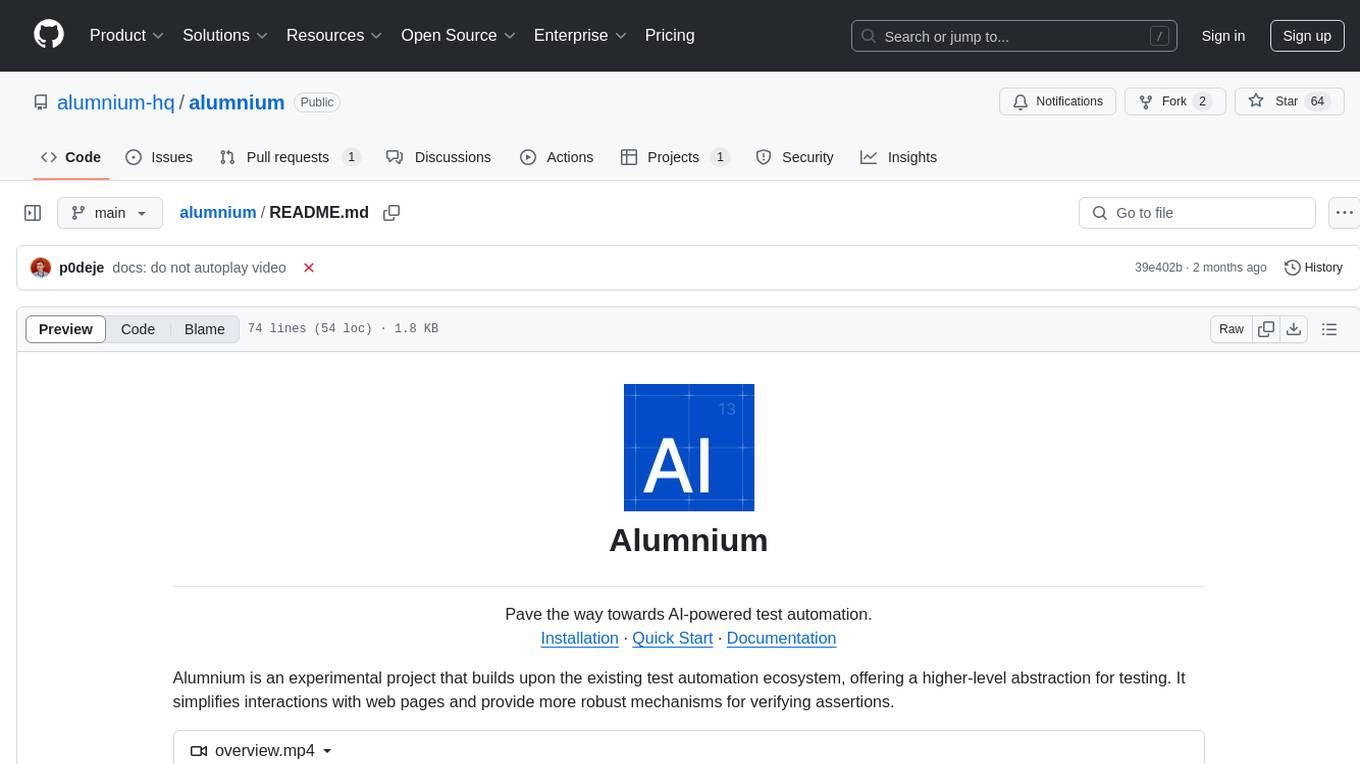
alumnium
Alumnium is an experimental project that aims to simplify interactions with web pages and provide more robust mechanisms for verifying assertions in the test automation ecosystem. It offers a higher-level abstraction for testing, paving the way towards AI-powered test automation. The tool is currently in the early stages of development and not recommended for production use.
